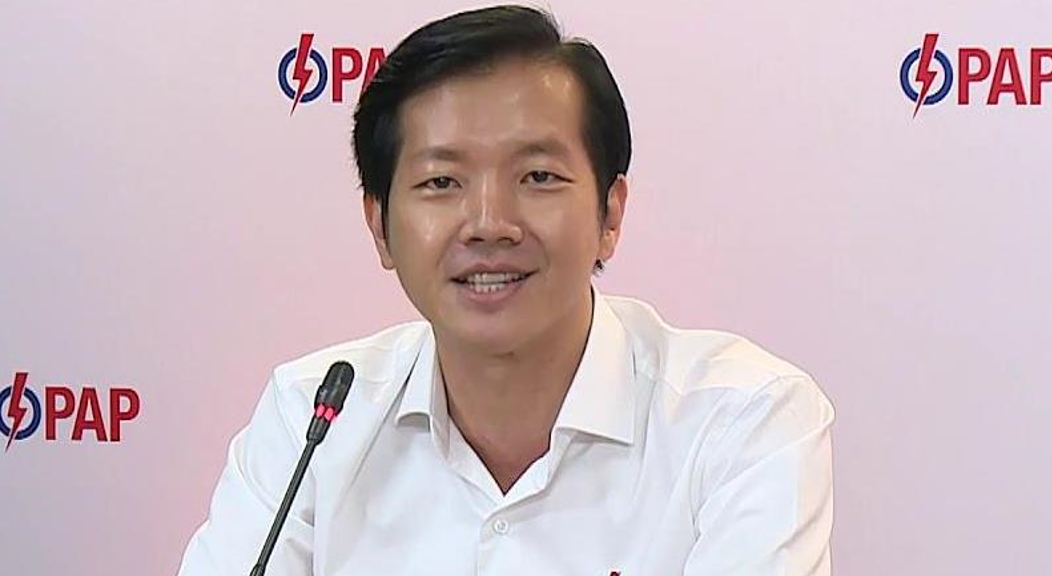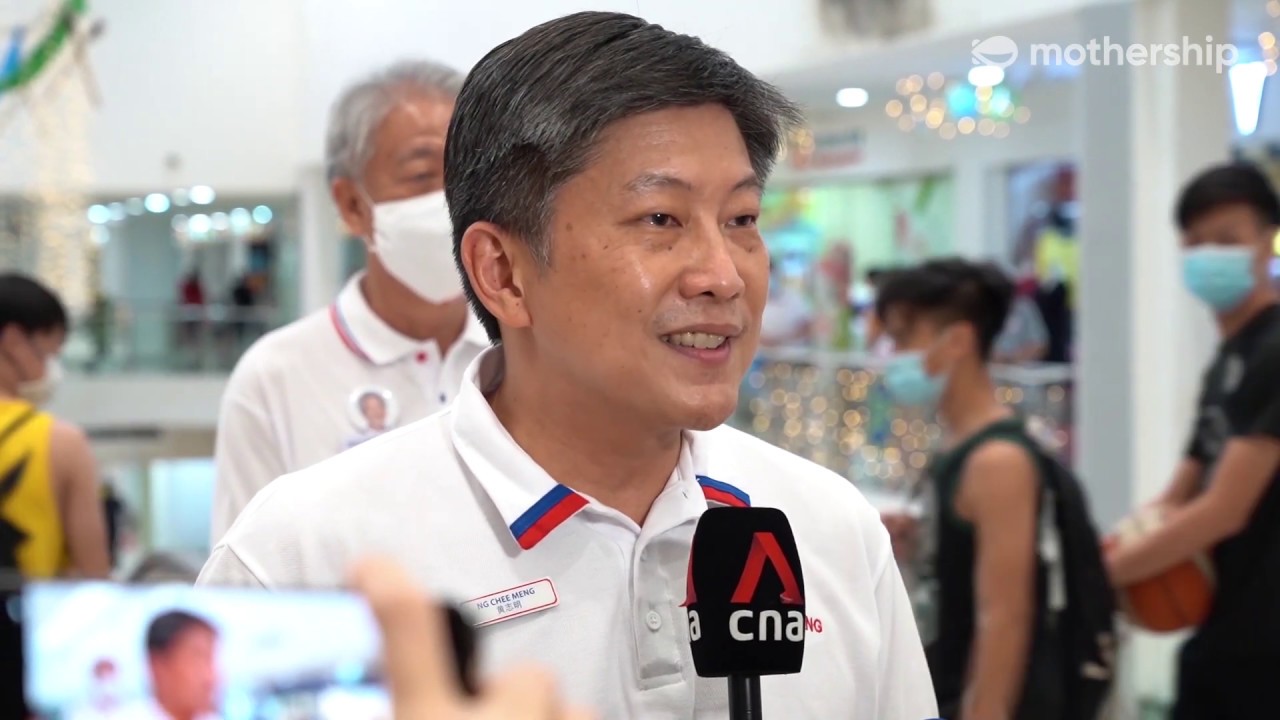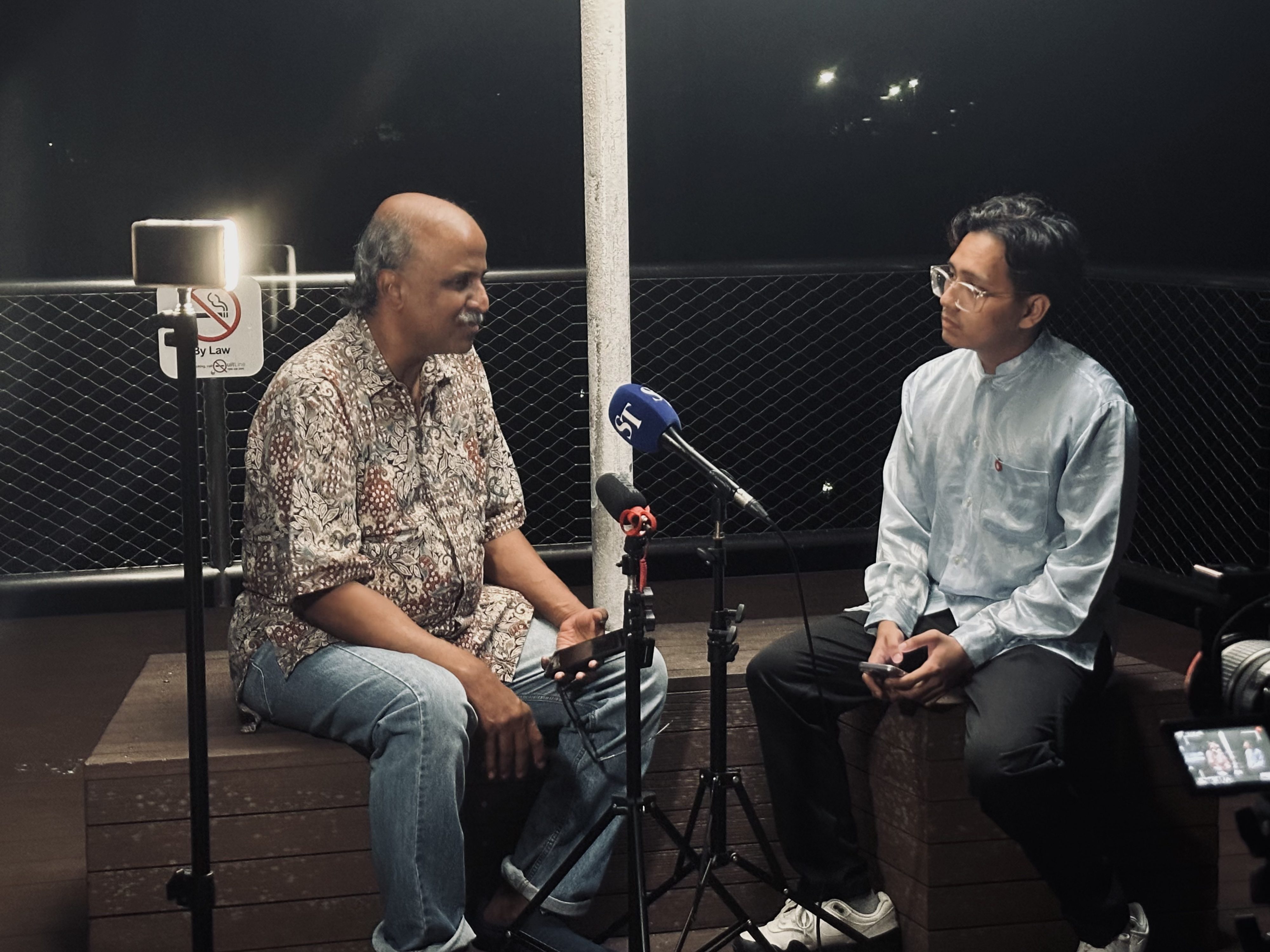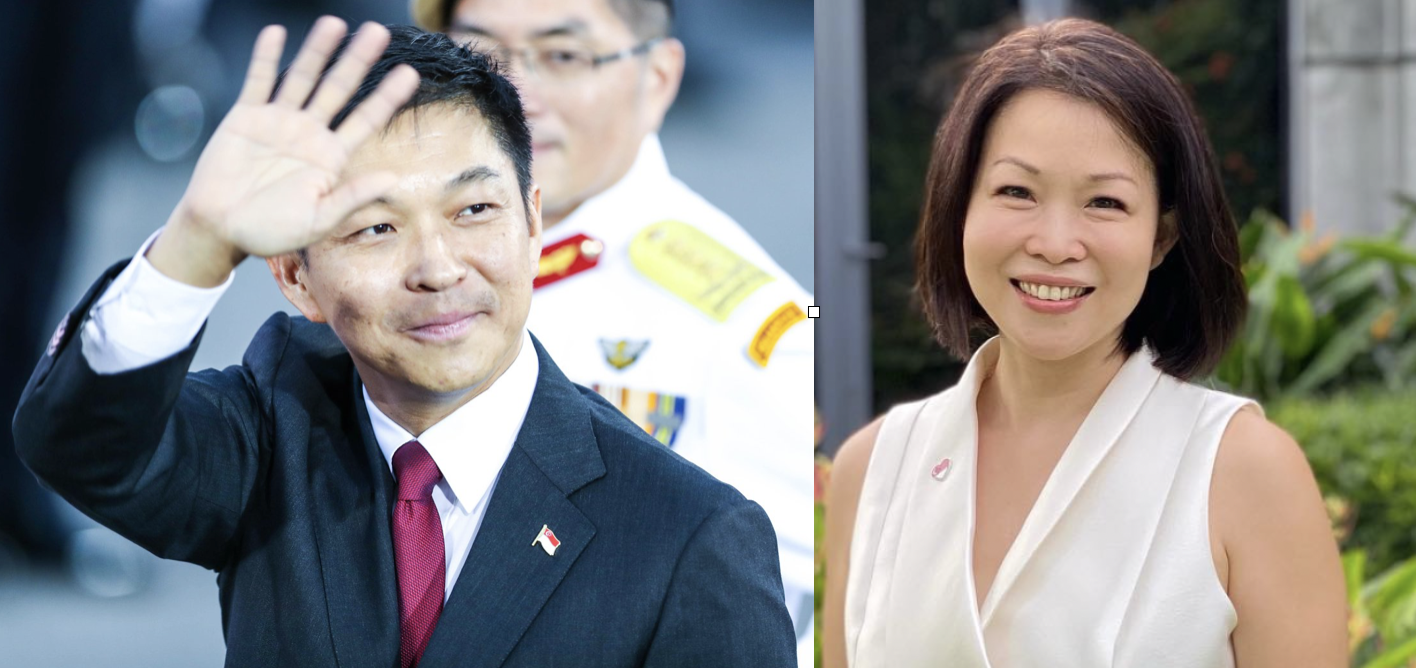
OPINION | Tan Chuan Jin, Cheng Li Hui, Nicole Seah and Leon Perera: Gossip aside, let’s have some sense of proportionality
Reading the headlines that are coming fast and furious these days, one could be forgiven for being in a state of disbelief. After all, this is sedate Singapore, where politicians are paid high salaries to be squeaky clean.
We are used to an occasional headline where someone has an affair and is outed, but this degree of breaking news almost makes the shenanigans on reality TV look tame!
This current slate of “news” started with “Ridoutgate”, where two ministers, Minister for Law and Home Affairs, K Shanmugam and Minister for Foreign Affairs, were in the hot seat for allegedly renting huge black and white bungalows for lower-than-market rate rents.
Opposition politician K Jeyeretnam alleged that government contracts were awarded to Mr Shanmuggam’s son and was rewarded with a POFMA for his troubles. The CPIB also promptly began an investigation and swiftly cleared anyone of wrongdoing.
Despite CPIB declaring the ministers blameless and the POFMA issued against K Jeyeretnam, the rumour mill still went into overdrive. Singaporeans were suddenly made to confront the lifestyle difference between the “rulers” and the “ruled.”
Before “Ridoutgate” can be allowed to die away, Speaker for Parliament Tan Chuan Jin got into hot water for calling opposition politician Jamus Lim a “f**king populist” on a hot mic. The clip went viral, partly because of the use of an expletive and partly because Assoc Prof Lim is a popular politician. Mostly though, the Speaker is meant to be impartial, and Tan’s mutterings in Parliament made clear for all to see that he most definitely was not.
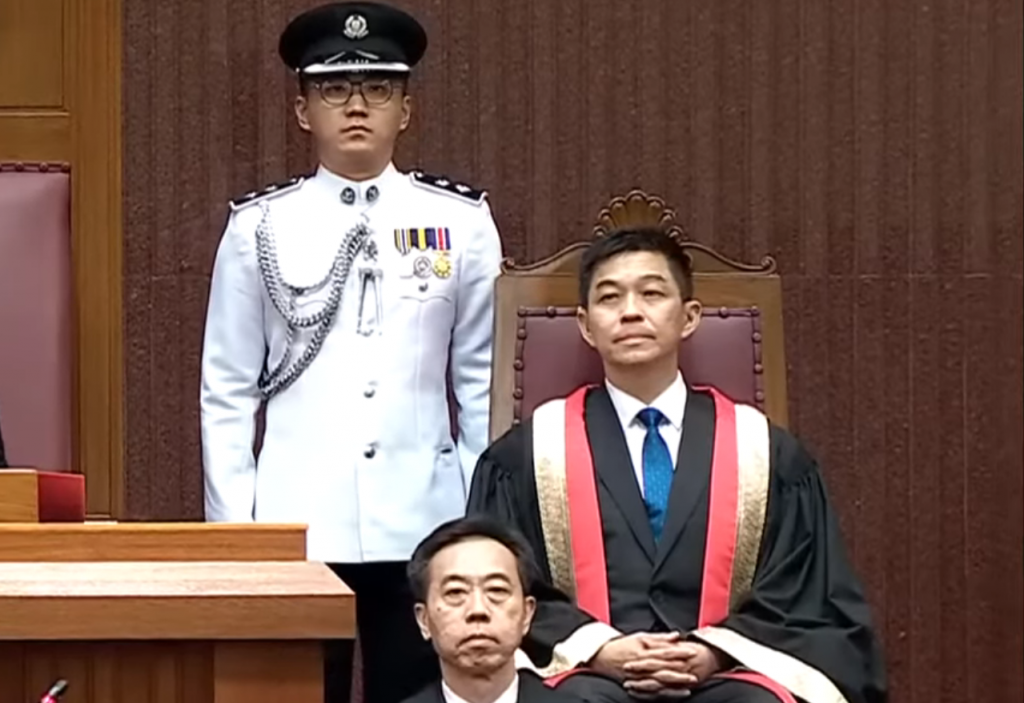
Calls intensified for his resignation, and before Mr Tan could catch a break, news that he had been having an affair with fellow MP Cheng Li Hui came to light.

Not to be beaten, the Workers’ Party had its own sex scandal with the young and upcoming Nicole Seah with the MP, Leon Perera outed for having an “improper relationship”. Within 24 hours of the video of them holding hands went viral, both Ms Seah and Mr Perera resigned.
Amid all this, news also broke about Minister for Transport S Iswaran’s involvement in a possible corruption case. Even billionaire Ong Beng Seng was caught in the foray, and both were arrested and bailed.
S Iswaran’s case is clear-cut. If he is corrupt, he would have broken the law and will have to face his punishment as anyone would.
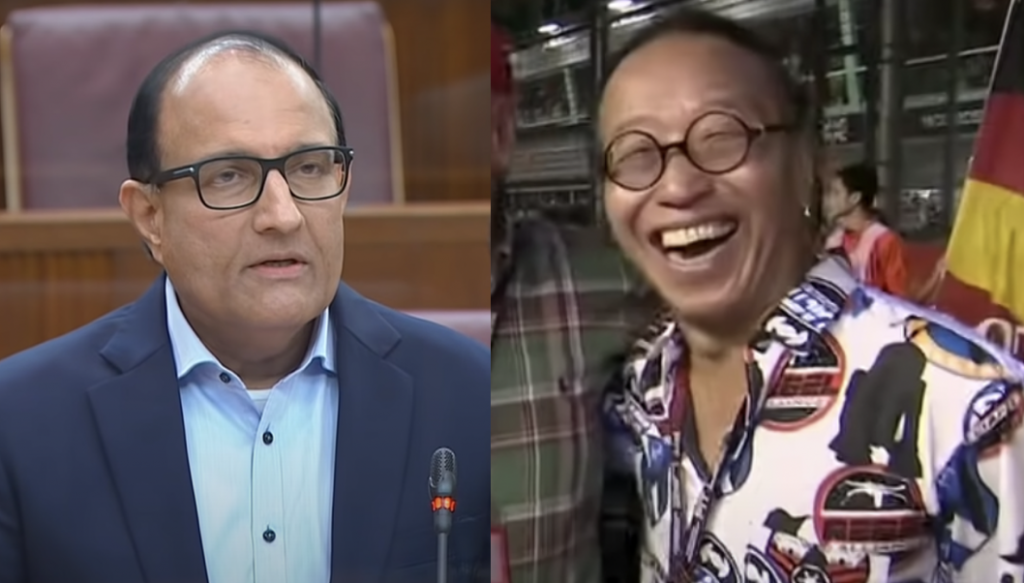
With so much going on, Singaporeans are spoilt for choosing what they wish to discuss. But beyond gossip, we come back to the public/private debate question. Are MPs allowed a personal life, and where is the dividing line?
At a press conference convened by the WP on the issue, some of the questions raised were seemingly voyeuristic and not strictly in relation to their public duties. Is the public entitled to that much detail about an MP’s private life?
The question of affairs is a whole lot more nuanced. Ultimately, MPs are humans. They will make mistakes, and if it is in their private life, should this be a state issue? Like it or not, humans have had affairs since the beginning of time and will likely continue doing so. Is it right for MPs to lose their jobs as a result of an “oh so human” indiscretion?
I am not suggesting that affairs should be encouraged, but ultimately, the wrongdoing is to their family, not the state. The caveat is if that affair creates a conflict of interest or potential conflict of interest.
In Ms Seah’s case, she was not even an MP! Therefore, her affair with Mr Perera has a limited effect on Mr Perera’s role as an MP. Should this whole thing have been blown so out of proportion? Gossip aside, let’s have some sense of proportionality.
It might be less clear-cut in Mr Tan and Ms Cheng’s case. He was the Speaker, and she was an elected MP. Yet, it is also important to remember that the PAP has an overwhelming majority in Parliament. The party whip means that the main party controls PAP MPs, and the Speaker has limited influence over Ms Cheng’s political agendas.
So, while the optics didn’t look right, I would hazard a guess to say that any conflict of interest is limited. It is also imperative to remember that Ms Cheng is not married either, so if we were to be blunt about facts, she didn’t owe anyone anything. It was Mr Tan who was married. Why did she have to resign?
In talking about the saga, PM Lee said that the affair between Mr Tan and Ms Cheng was worse than Mr Tan’s remarks about Assoc Prof Lim. I beg to differ. Mr Tan uttered those comments when Parliament was in session against another MP from another party in a situation where one party (Mr Tan’s) has an overwhelming majority. This is a clear-cut misdemeanour. What Mr Tan and Ms Cheng got up to in their own time is no one else’s business. So, while I believe that Mr Tan ought to have resigned over his hot mic remark, I am not sure he needed to if the affair was his only contravention.
Besides, if it was that serious a transgression, why did PM Lee take so long to act? After all, he had known about this since 2020.
This has led to rumours and speculation in some quarters that Mr Tan and Ms Cheng had to go because the PAP wanted to set a precedent so that the WP had to do something similar. Ms Seah shows every potential of winning the next election while Mr Perera is a WP heavyweight and sitting MP. While the WP will keep plodding on, losing Mr Perera and Ms Seah will hurt the WP much more than the PAP losing Ms Cheng and Mr Tan, especially when Mr Tan is already taking flak for his hot mic comment.
Let’s take a long look at what we have lost from this saga. Ms Cheng seemed to have been a dedicated grassroots worker while Mr Perera appears to be an intellectual of many talents with a raft of experience across many fields and sectors. He reiterated that the investigation into the Ridout Road controversy should have been carried out by an independent third party instead of Senior Minister Teo Chee Hean. Ms Seah had a great political career mapped out for her, having been in politics since her early 20s with an ease with connecting with the public. While they have made their mistakes, the public seems poorer for it.
Are we a puritanical society that judges and juries on the private lives of its MPs? And if so, should we be as such? At the heart of the matter is a question of proportionality. Have these transgressions caused public harm and impeded their ability to do their job? If not, aren’t they the mistakes of imperfect humanity that should remain in the domain of their private lives? Some are calling for forgiveness. I am going one step further to say that these are not matters for the public to forgive.

